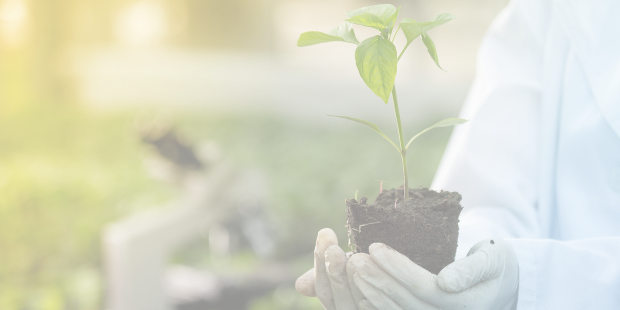In September, we celebrated the World Agronomist Day. The date (September 13) honors all professionals who work directly and indirectly in the livestock and agriculture sector. If we can enjoy productive agriculture today and strong and well-treated herds, we must thank these professionals.
These are the professionals who plant knowledge and reap the results in the field. But, as in every area, they need to constantly improve themselves. With the growth of the biological control sector, many professionals are challenging themselves to learn more and bring this knowledge to producers.
Faced with the challenge of maintaining productivity, economic base, and sustainability, there is a need to seek more effective solutions for pest control in livestock. Currently, the supply of new molecules for chemicals is limited and quite expensive. For this reason, removing technology from nature through the use of microorganisms has become essential.
According to the Brazilian Association of Biological Control Companies (ABCBio), the biological control sector grows from 15% to 20% p.a. The estimate continues for the following years. This information points to a huge opportunity for agronomists who know these tools. The Association also points out that in addition to the high cost of developing new chemical pesticides, there is a great demand from society and regulatory bodies to produce food with less or no residual.
Professionals need to be aware of market demands and know the pest’s biology to work with biological control. In this way, they can translate the information dynamically for the livestock farmer, generating productivity gains.
But it’s not always easy! Biological tools require a high degree of technical responsibility from agronomists, who need to improve constantly.
But there is nothing more important than listening to the professionals who work in the sector. We spoke with Engineer Carlos Diego; he has experience in the industry and has already used biological management in crops and points out that:
“Biological control is the future! However, we need to have responsibility in the way we use it; it is necessary that these products are developed with responsibility combining research and development.”
When asked about the use of organic products in livestock, the Agronomist highlights:
“A lot of caution is needed, as they are products that will be in direct contact with the animal and very close to humans. These products must be produced with great responsibility. But I believe that we will gradually replace chemicals with biologics as more products are developed.”
We also talked about the use of chemical pesticides, and the opinion of the professional is as follows:
“We can see the chemical damage in the case of neonicotinoids killing beehives. But we also need to understand that currently, we are unable to produce only with biologics. Our agricultural model is still based on them, but with the growth of the biological sector, this scenario will change. ”
We also spoke with Agronomist Dania Osório, who has national experience and is currently spending a season in the USA to have an international vision of the sector and told us that:
“Biological control is much more developed in countries like the United States. Here several microorganisms have already been registered to combat pests in livestock and agriculture. Brazil is lagging in the sector, but I believe that good companies can make this technology more accessible in the country.”
The Agronomist, which is learning more about this segment, intends to bring this knowledge to the Brazilian farmer. She believes that the producer needs to know more about the use of biological tools.
The Decoy team believes in the workforce of Agronomists! And as a thank you to these professionals, we leave a message:
“Thank you for transmitting knowledge to our producers. You are the key to building a more humane, sustainable, and productive agriculture. All your dedication that comes from your love for the land and life is fundamental to the success of agribusiness.”



